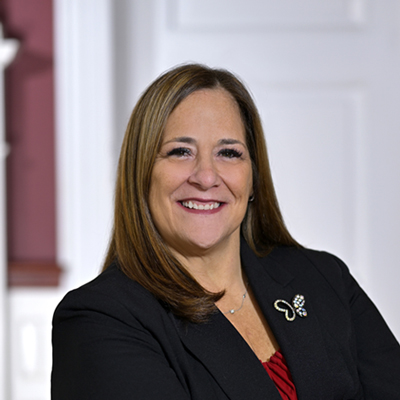Divorce Practice Areas
Are You Facing a Gray Divorce?
Not so long ago, it was uncommon to hear of a couple considering gray divorce. But that's no longer the case. Instead, changing social views of divorce, an aging population, and new laws have contributed to a dramatic increase in divorces after age 50.
These gray divorces or divorces after 50 are like all others in some ways. However, there are some special considerations in these cases. So if you're talking to divorce lawyers in Bucks County, ensure they address some of these issues.
Make sure you also check out Divorce Guidance. It delivers a comprehensive dive into divorce and the issues surrounding it.
Issues to Address with a Gray Divorce
The list of issues to consider regarding divorce after 50 is lengthy. That's why you should talk with a divorce lawyer near you. But we've compiled an initial list of issues relating to gray divorce. So let's start with insurance and healthcare concerns:
- Physical Health. Although health is an essential factor for anyone divorcing, it is especially true for the senior population. For divorce after 50, you should disclose any physical and mental health limitations to your family law attorney. They may be relevant to equitable distribution and alimony.
- Insurance protection. It would be wise to consider life and disability insurance to protect a spouse receiving alimony. In addition, health insurance and long-term care insurance are vital considerations for divorce after 50. As a result, make sure you understand how you are insured. Plus, determine how your insurance level impacts your future financial security.
- Medicaid planning. When marriages degenerate, individuals over age 50 (more so than their younger counterparts) often separate but do not immediately divorce. If you have such a relationship, it is essential to consider the effects of a gray divorce from a Medicaid planning perspective. That's true even if you have a prenuptial agreement. Make sure your divorce lawyer is aware of any prenup. You can learn more about them here: What is a prenup?
Additional Concerns for Divorce After 50
Insurance and healthcare issues aside, you must also pay attention to longer-term considerations relating to gray divorce. Here are just a few. Again your divorce lawyer can guide you to ensure you're protected.
- Employment History, Social Security & Alimony. It is not uncommon for families to have one spouse who is the "breadwinner" and one spouse who is the "homemaker." Moreover, when each is of age to qualify for such benefits, individuals often heavily on their Social Security retirement benefits. Therefore, keep in mind the relative benefits each spouse receives and their potential future employment status throughout the equitable distribution process. Alimony is often the most efficient way to stabilize the economically dependent spouse financially. However, if you have a fixed income, alimony is not always sufficient to cover the unique needs or expenses of the parties.
- Nursing Home responsibility. Suppose either party to the gray divorce requires nursing home care or may require care in the future. In that case, the person considering filing for the gray divorce should know their potential responsibility for their spouse's medical and nursing home expenses under the proposed support Act. Consequently, it may be in your best interest to pursue a divorce after 50 rather than consider a prolonged separation.
- Estate Planning after divorce. With a gray divorce, you should immediately consider changes to estate planning documents. Naturally, it is easy to overlook this step. Ascertain your obligation to your ex-spouse based on the divorce or perhaps a prenuptial agreement. Talk to a lawyer for divorce near you to clarify any concerns.
Talk to a Lawyer for Divorce Near You
This list touches upon a few issues you must consider during a gray divorce. However, it's best to talk with a family lawyer that understands gray divorce. You can learn more about divorce after 50 here.
Talk to us if you're searching for divorce lawyers in Bucks County or Montgomery County. We can help sort out your gray divorce. In addition, we can support you with estate planning concerns, PFA orders, and spousal support.



